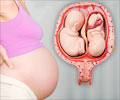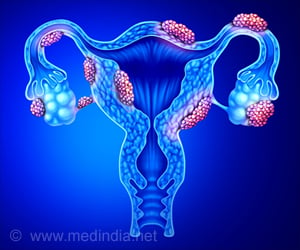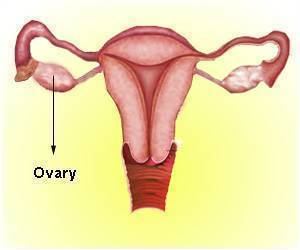Brain changes during pregnancy and postpartum are tied to hormone shifts and mothers' psychological well-being.

Pregnancy entails a U-shaped trajectory in human brain structure linked to hormones and maternal attachment
Go to source). Researchers from the Universitat Autònoma de Barcelona (UAB), the Gregorio Marañón Health Research Institute and the Hospital del Mar Research Institute, together with other prestigious international institutions, have published the first longitudinal neuroimaging (Magnetic Resonance Imaging) study in a cohort of more than a hundred women seeking to become mothers for the first time.
‘#Pregnancy can shrink your brain by up to 4.9%, primarily affecting areas linked to #socialcognition. The good news? Most of this gray matter volume returns after giving birth.’





The article, led by Camila Servin-Barthet and Magdalena Martínez-García as first authors and coordinated by Òscar Vilarroya and Susana Carmona, has been recently published in the prestigious journal Nature Communications. This study, which received a grant of 972,414 euros from the ”la Caixa” Foundation to be carried out, represents a crucial advance in maternal brain research.
Pregnancy Reshapes the Brain: A Biological Phenomenon
In total, the researchers have analyzed the brain of 179 women to study the structural changes that occur during the second and third trimester of pregnancy and the first six months postpartum, using a scan taken before conception as a baseline. For the first time, this cohort includes a group of non-gestational mothers as a control group: women whose partners underwent pregnancy during the study. The inclusion of this group of women made it possible to determine that the trajectory of brain changes is mainly attributed to the biological process of pregnancy, rather than to the experience of becoming a mother.These changes are observed in 94% of the brain, being particularly prominent in regions linked to social cognition. The study also demonstrates, for the first time, that the evolution of these morphological changes in the brain is associated with fluctuations in two estrogens (estriol-3-sulfate and estrone-sulfate), hormones that increase exponentially during pregnancy and return to basal levels after delivery.
Specifically, the researchers observed that a greater increase and subsequent decrease in estrogen levels is associated with a greater decrease and subsequent recovery of brain gray matter volume.
Advertisement
This study, which comprehensively characterizes normative brain changes during pregnancy and postpartum, stands out for both its sample size and rigorous methodological control, including carefully selected groups that allowed the distinguishing of pregnancy-specific changes from those linked to the experience of motherhood.
Advertisement
Reference:
- Pregnancy entails a U-shaped trajectory in human brain structure linked to hormones and maternal attachment - (https://www.nature.com/articles/s41467-025-55830-0)
Source-Eurekalert















